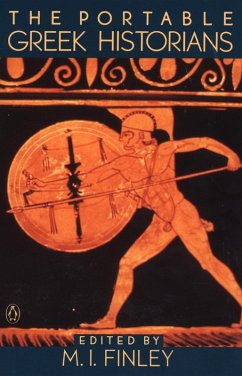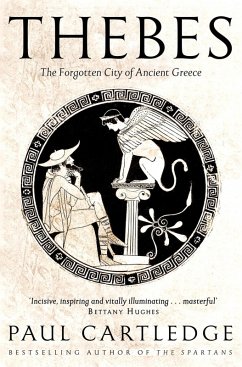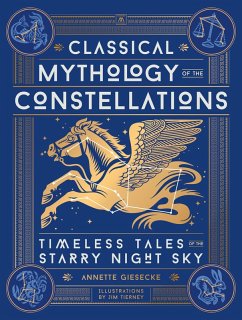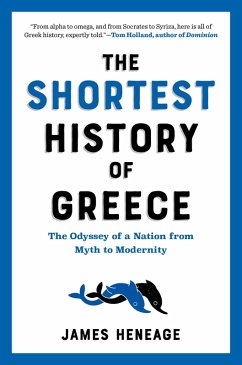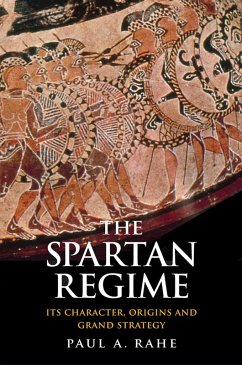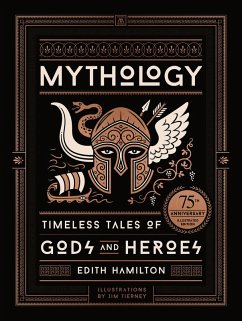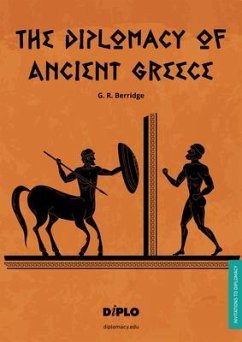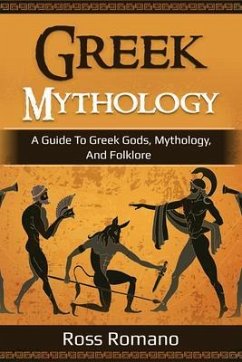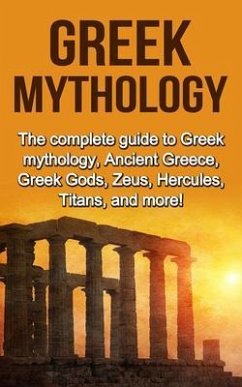
Classical Greek Oligarchy (eBook, ePUB)
A Political History
Versandkostenfrei!
Sofort per Download lieferbar
30,95 €
inkl. MwSt.
Weitere Ausgaben:

PAYBACK Punkte
15 °P sammeln!
Classical Greek Oligarchy thoroughly reassesses an important but neglected form of ancient Greek government, the "rule of the few." Matthew Simonton challenges scholarly orthodoxy by showing that oligarchy was not the default mode of politics from time immemorial, but instead emerged alongside, and in reaction to, democracy. He establishes for the first time how oligarchies maintained power in the face of potential citizen resistance. The book argues that oligarchs designed distinctive political institutions-such as intra-oligarchic power sharing, targeted repression, and rewards for informant...
Classical Greek Oligarchy thoroughly reassesses an important but neglected form of ancient Greek government, the "rule of the few." Matthew Simonton challenges scholarly orthodoxy by showing that oligarchy was not the default mode of politics from time immemorial, but instead emerged alongside, and in reaction to, democracy. He establishes for the first time how oligarchies maintained power in the face of potential citizen resistance. The book argues that oligarchs designed distinctive political institutions-such as intra-oligarchic power sharing, targeted repression, and rewards for informants-to prevent collective action among the majority population while sustaining cooperation within their own ranks.
To clarify the workings of oligarchic institutions, Simonton draws on recent social science research on authoritarianism. Like modern authoritarian regimes, ancient Greek oligarchies had to balance coercion with co-optation in order to keep their subjects disorganized and powerless. The book investigates topics such as control of public space, the manipulation of information, and the establishment of patron-client relations, frequently citing parallels with contemporary nondemocratic regimes. Simonton also traces changes over time in antiquity, revealing the processes through which oligarchy lost the ideological battle with democracy for legitimacy.
Classical Greek Oligarchy represents a major new development in the study of ancient politics. It fills a longstanding gap in our knowledge of nondemocratic government while greatly improving our understanding of forms of power that continue to affect us today.
To clarify the workings of oligarchic institutions, Simonton draws on recent social science research on authoritarianism. Like modern authoritarian regimes, ancient Greek oligarchies had to balance coercion with co-optation in order to keep their subjects disorganized and powerless. The book investigates topics such as control of public space, the manipulation of information, and the establishment of patron-client relations, frequently citing parallels with contemporary nondemocratic regimes. Simonton also traces changes over time in antiquity, revealing the processes through which oligarchy lost the ideological battle with democracy for legitimacy.
Classical Greek Oligarchy represents a major new development in the study of ancient politics. It fills a longstanding gap in our knowledge of nondemocratic government while greatly improving our understanding of forms of power that continue to affect us today.
Dieser Download kann aus rechtlichen Gründen nur mit Rechnungsadresse in A, D ausgeliefert werden.




